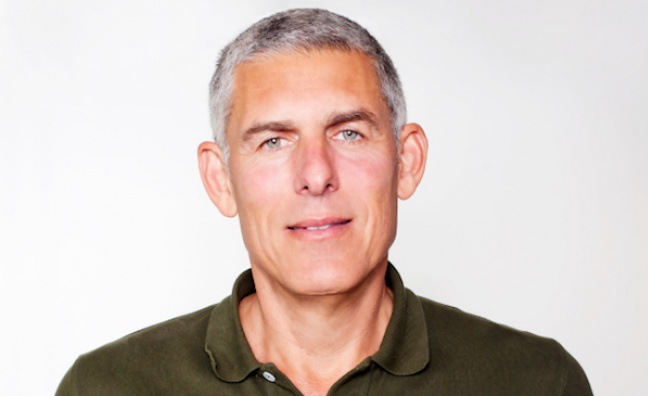The latest draft of the new European Copyright Directive – and its controversial Article 13 – seemed to have come down on the side of creators and rights-holders.
Although the new text, agreed in Strasbourg last week, has not been revealed, it’s already been cautiously welcomed by IMPALA, AIM, PRS For Music and the UK Council Of Music Makers. It’s believed that the new wording – which had previously been diluted to the point that rights-holders were recently at odds over whether the Copyright Directive should even proceed – requires platforms to secure licences for User Generated Content and enshrines authors and performers’ right to “appropriate and proportionate remuneration”.
So where, you might be asking, does that leave YouTube, famously on the other side of this particular divide? The Google-owned platform had campaigned vigorously against Article 13, with YouTube’s global head of music Lyor Cohen previously warning of “unintended consequences” from the legislation, saying it could hit artists’ chances of breaking through.
But, if you think Cohen and YouTube might be smarting at the latest developments, you’d be wrong. When Music Week caught up with Cohen on the eve of YouTube Music’s role as official music app at the BRIT Awards, he was adamant the jury was still out on whether the final text favoured the rights-holders’ position.
“I don’t agree with that at all,” he said. “I’m studying it and understanding precisely what the impact [will be] and what the words are. To view it as against YouTube is a gross mischaracterisation.”
Instead, Cohen – who has successfully eased tensions between YouTube and the industry by finally launching the digital giant’s long-awaited subscription streaming service and supporting a string of artists, both large and small – said that, whatever the final wording of the Directive, all sides need to work together to make sure reform benefits everyone.
We've always wanted the platform to work for artists, songwriters, labels and consumers
Lyor Cohen
“We’ve always wanted to ensure the platform works for artists, songwriters, labels and consumers,” he said. “If all those constituents are at the table and pleased, that’s how you build big businesses, that’s how you build successful platforms that create value for artists and songwriters. That’s what we support and we keep working for.
“In terms of the specific language in Article 13, we’re all studying it and understanding it and learning precisely what the impact of the words are. It’s a little too early to say what precisely the impact on the platform [will be], what changes would need to happen but we’re very, very eager to hear more and understand what happened.”
Cohen will be in town this week with YouTube Music set to be front-and-centre at the BRITs as the official music app at the ceremony – run, of course, by the BPI, which has often criticised YouTube over its stance on Article 13 and the so-called ‘value gap’, the shortfall between payments from YouTube’s free platform and other services. In the new edition of Music Week, out today, BPI CEO Geoff Taylor hails YouTube Music as “a very positive development”, but reserves the right to “call out” YouTube when it disagrees on policy.
Either way, the Copyright Directive debate looks set to run for a while yet. And Cohen, meanwhile, has big plans for YouTube Music – stay tuned for more details…
* For Music Week’s essential BRIT Awards preview, see the new edition of Music Week, out now.










